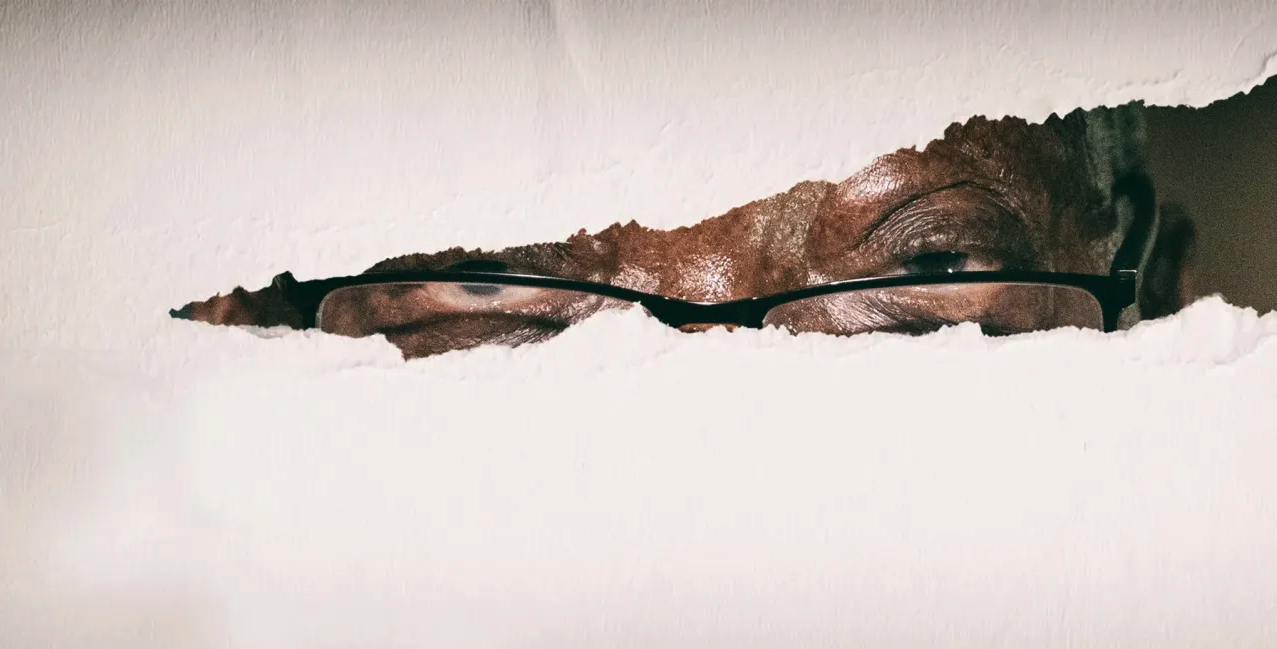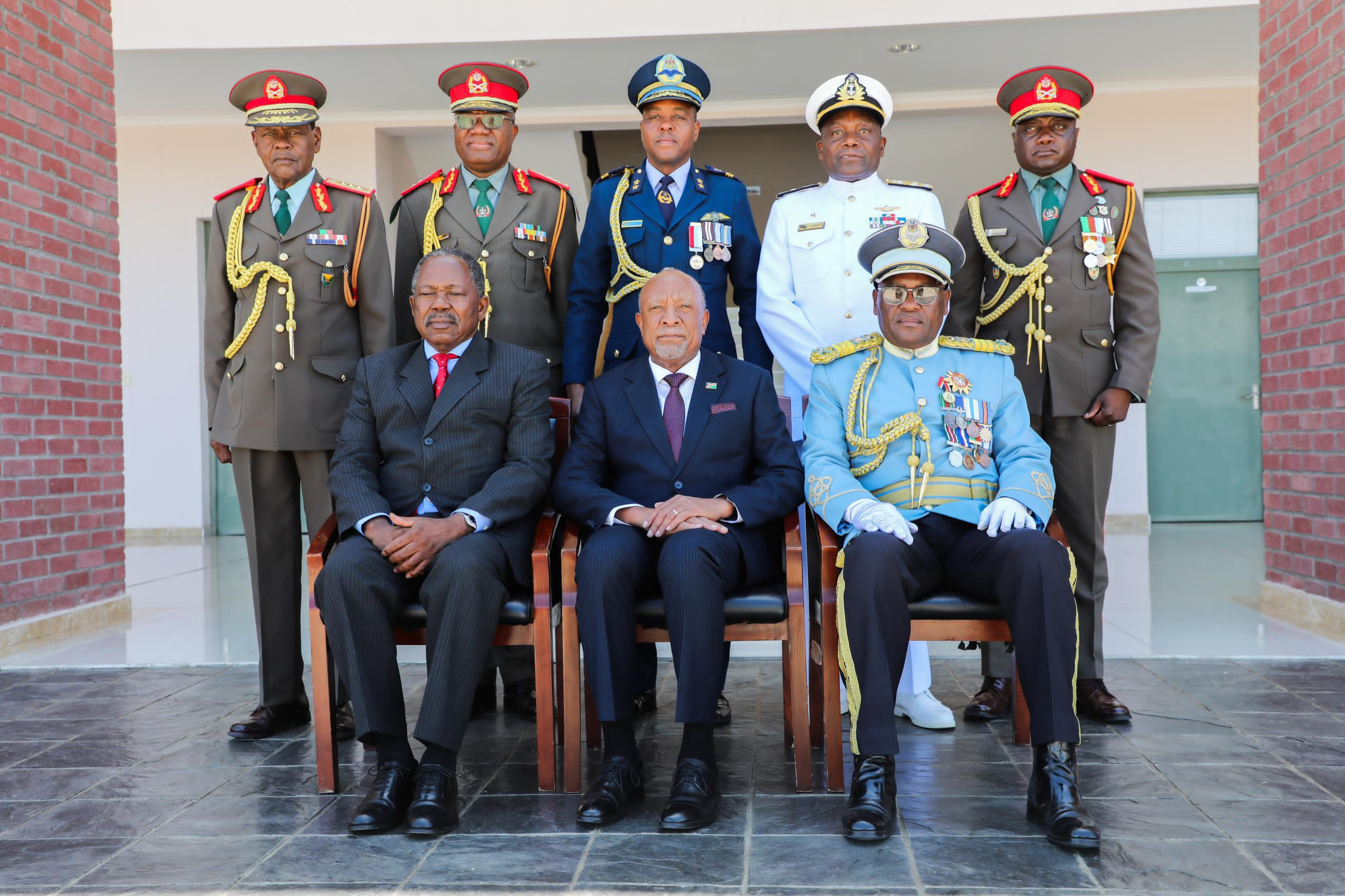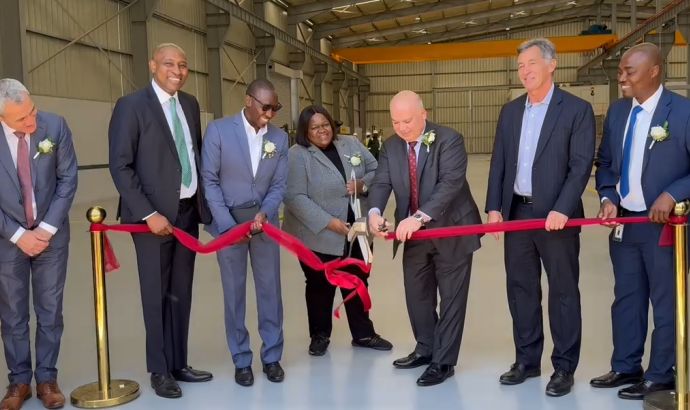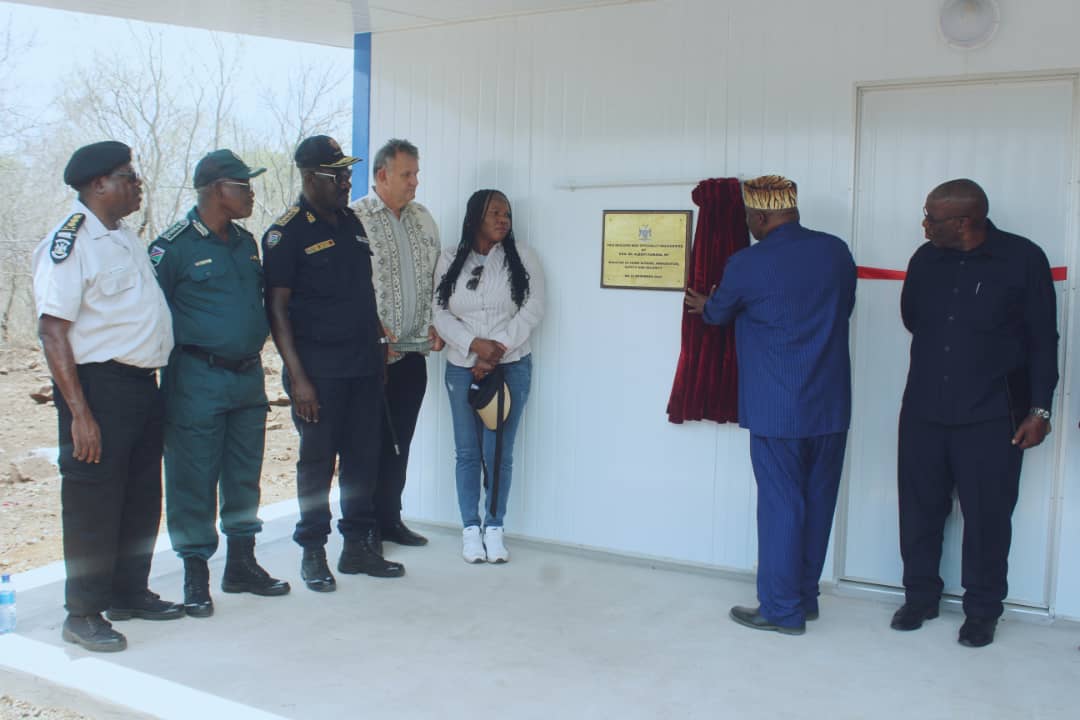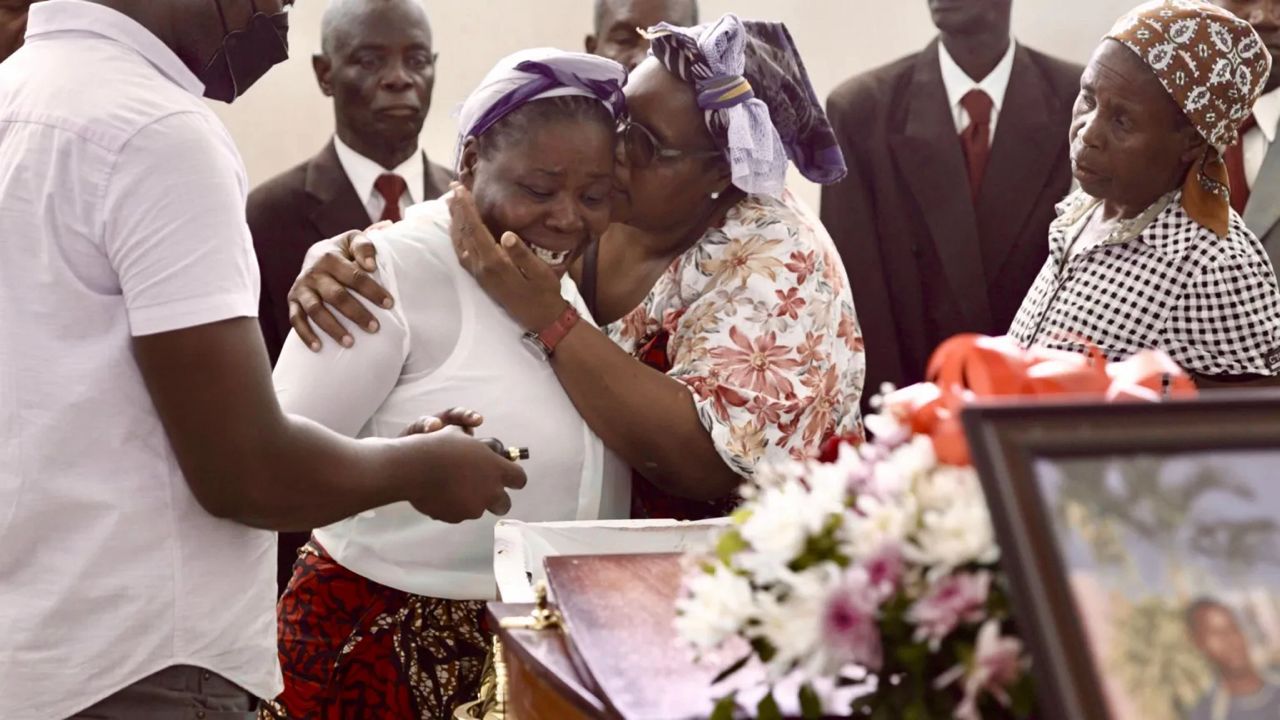The apparent threat by MK leader, former president Jacob Zuma, against the Electoral Commission is inherently about violence. However, he is also daring all the other role players, and most of the country, insisting they bend to his will. This may turn out to be over-reach, and make any kind of working relationship with the ANC impossible.
There could be no doubt of the air of violence in Zuma’s comments on Saturday night.
In his first public comments since the election, he claimed, “The results are not correct … results should not be declared. If you’re declaring, you’re provoking us. Don’t start trouble … there’s nobody who is going to die if we do not announce tomorrow … nobody is going to announce tomorrow.”
Coming from someone who has still refused to disavow the violence that followed his brief imprisonment in July 2021, it is crystal clear what he is referring to.
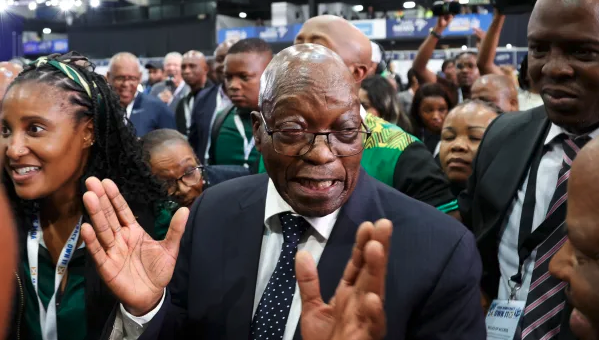
However, there was simply no possibility of the IEC and other role-players accepting this.
First, despite multiple encouragements from the media on Saturday night, MK has still given no proof or evidence whatsoever about significant problems with the election. Without evidence, no reasonable person can take this seriously.
Second, while Zuma might say “nobody is going to die if we do not announce tomorrow”, he would simply keep repeating this as time wore on. If someone threatens violence “if you do this tomorrow”, they will always threaten violence, no matter when you do it. The IEC had no choice but to go ahead.
Also, the law is clear, the election results must be proclaimed quickly – the democratic process of South Africa has to be respected. If there is a delay between the counting and the publication of the results, there would be fears that the results are being manipulated. History shows that in cases where there is violence after an election, it is often because of fears the election is being stolen. These fears are usually sparked when election results are delayed, or their publication abruptly stopped.
To delay the publication of the results would be to stoke these fears.
Minority party
But perhaps the most important reason nobody can give in to Zuma’s threats is that he is the leader of a minority party. He won 14.59% of the vote and will probably govern in KwaZulu-Natal. Fully 85% of the country voted for other parties. Those parties have a right to know the results and to have their opportunity to govern.
Not unlike Donald Trump and Jair Bolsonaro, Zuma is daring the country to accept his will, or else – “else” being a not-so-subtle threat of violence.
Zuma, of course, is clearly aware of this, which is why other tiny parties were given a chance to speak at his press conference.
These parties, like Ace Magashule’s ACT (total votes: 18,339 or 0.11%, or Colleen Makhubele’s SARA (total votes: 4,785 or 0.03%) have no support. Singly or together, they mean absolutely nothing, and should be ignored.
It may also in fact place someone like EFF leader Julius Malema in a complicated position.
Also, the law is clear, the election results must be proclaimed quickly – the democratic process of South Africa has to be respected. If there is a delay between the counting and the publication of the results, there would be fears that the results are being manipulated. History shows that in cases where there is violence after an election, it is often because of fears the election is being stolen. These fears are usually sparked when election results are delayed, or their publication abruptly stopped.
To delay the publication of the results would be to stoke these fears.
Minority party
But perhaps the most important reason nobody can give in to Zuma’s threats is that he is the leader of a minority party. He won 14.59% of the vote and will probably govern in KwaZulu-Natal. Fully 85% of the country voted for other parties. Those parties have a right to know the results and to have their opportunity to govern.
Not unlike Donald Trump and Jair Bolsonaro, Zuma is daring the country to accept his will, or else – “else” being a not-so-subtle threat of violence.
Zuma, of course, is clearly aware of this, which is why other tiny parties were given a chance to speak at his press conference.
These parties, like Ace Magashule’s ACT (total votes: 18,339 or 0.11%, or Colleen Makhubele’s SARA (total votes: 4,785 or 0.03%) have no support. Singly or together, they mean absolutely nothing, and should be ignored.
It may also in fact place someone like EFF leader Julius Malema in a complicated position.
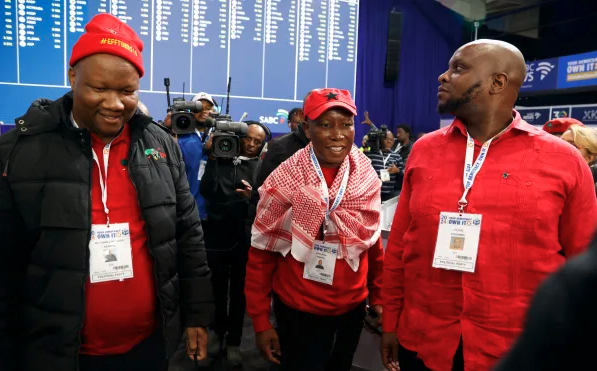
When he voted on Wednesday, he said that he believed the elections would be free and fair. As the party most likely to work with MK he may now find this to be a complication. He can’t say he trusted the process and then work with a party that is trying to undermine that same process.
Zuma’s actions are simply not democratic, and he may have overplayed his hand, to the delight of his opponents.
Ramaphosa’s hand strengthened?
In itself, his ridiculous show on Saturday may have strengthened the hand of President Cyril Ramaphosa in the ANC, who now has a right to say that the role of the ANC now is to ensure there is the rule of law, and that it must find coalition parties who are contributing, not detracting from that function.
ANC Secretary-General Fikile Mbalula’s comments in his press conference on Sunday that “we must stand together against the threat of violence and instability” may well be a sign that it is now impossible for the ANC to work with Zuma.
His other comment, that the ANC “will not turn its back on renewal” may also be a signal in this direction, as his statement that parties who come with the condition that Ramaphosa resign can “forget it”.
All this may well put national government out of the MK’s reach.
Political tensions
Unfortunately, this also increases the chances of political tensions rising.
If the ANC now decides to work with the DA or other like-minded parties in a “grand national coalition” and keeps MK out of power (particularly in the unlikely chance these parties all work together in KZN), there could be some kind of response.
Based on Zuma’s previous track record, the use of violence is never too far from reality. His consistent attacks on the IEC have all been building to this point.
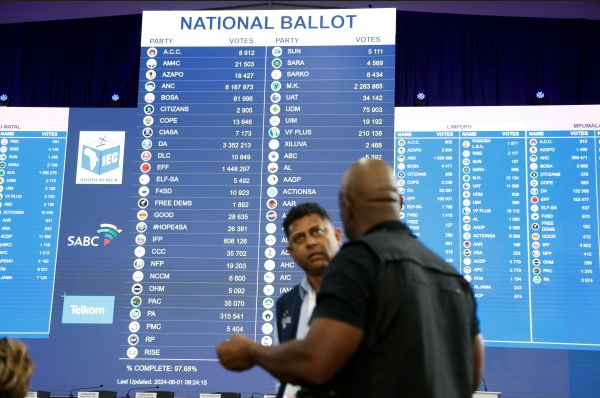
However, one of the reasons the violence in 2021 was so destructive and went on for so long, was that the police and other authorities were not prepared, for a variety of reasons. One of the key elements of those incidents was the shocking scale and brutality that played out in front of the nation.
This time around, police said consistently they were prepared for these elections and would keep officers deployed in KZN for a period after the elections.
It appears likely that the most important moment, should there be any violence, would be at its very beginning. If police officers can act to contain it quickly, that might well prevent other incidents. In other words, the faster they act, the less likely it will be that any violence will spread.
While this might be a very difficult time, it should not be forgotten that MK and Zuma were rejected by 85% of voters. This could be the great strength of Zuma’s opponents – while he has managed to cleave off a big constituency in a short time, theirs is still far greater.
This may play an important limiting role should any incidents occur.
Unfortunately, this will now be an important factor in the coalition discussions. Instead of rationality, there will be fear, which could lead to impaired decision-making.
This is exactly what Zuma wants. After the decades of Stalingrad, fear and chaos are now the point.
Stay informed with The Namibian – your source for credible journalism. Get in-depth reporting and opinions for
only N$85 a month. Invest in journalism, invest in democracy –
Subscribe Now!


